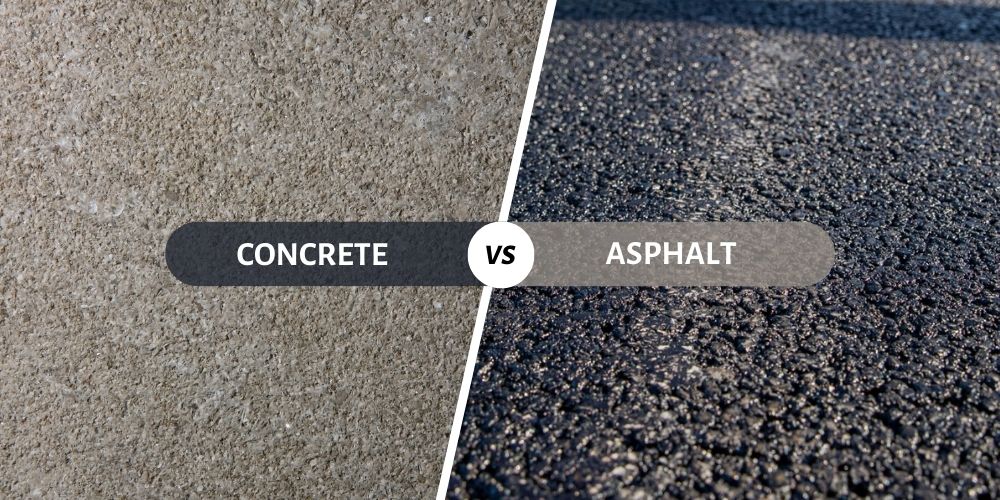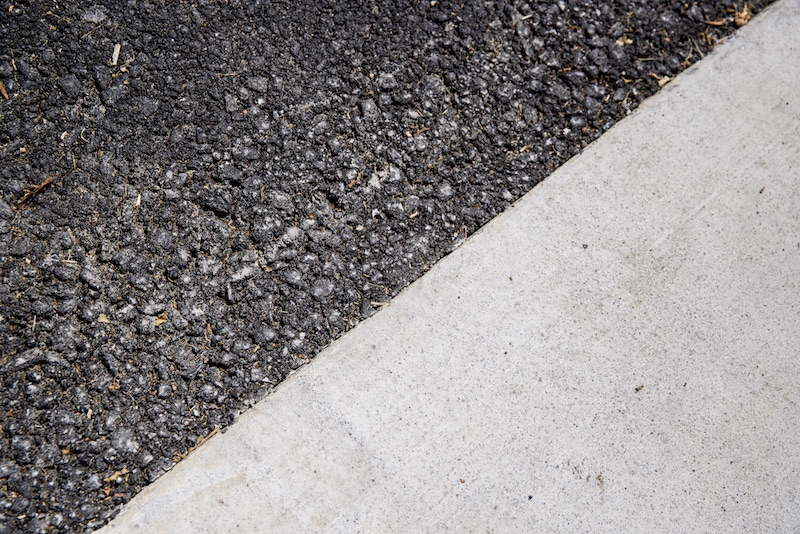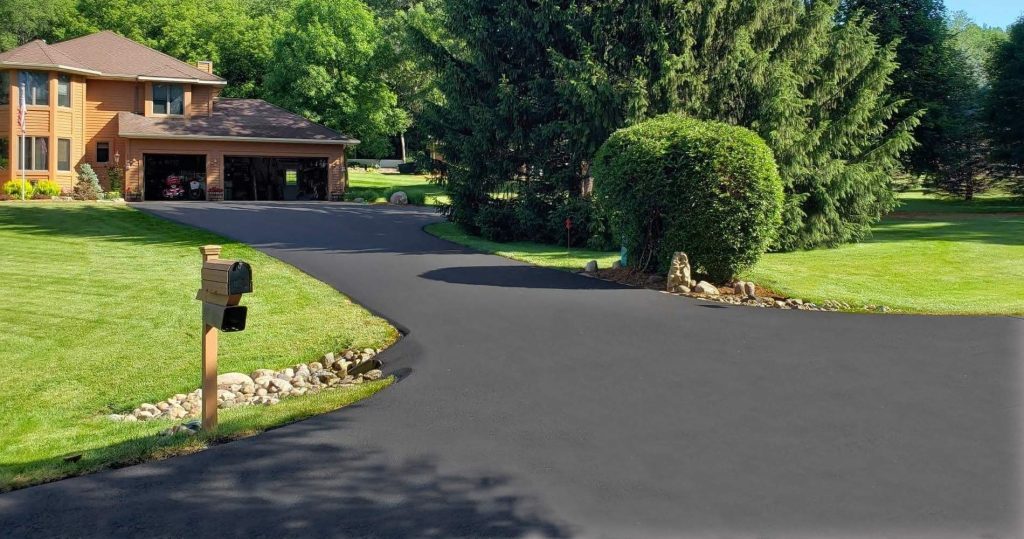
Paving the Path: A Comprehensive Guide to Concrete and Asphalt Driveways in Australia
In Australia, homeowners often face the decision of choosing between concrete and asphalt for their driveways.
This article aims to provide an in-depth comparison of these two popular materials, delving into their pros, cons, and other critical factors to guide your decision.
Concrete Driveways: The Durable and Versatile Option
Pros:
Durability and Longevity
Concrete is celebrated for its strength and longevity. It can endure heavy vehicles and extreme weather conditions, typically lasting for 30 to 40 years with minimal upkeep. This makes it a cost-effective solution in the long run.
Customization and Aesthetic Appeal
The versatility in design is a significant advantage. Homeowners can select from a variety of textures, colors, and patterns, allowing for a customized look that can enhance the property’s curb appeal.
Energy and Environmental Efficiency
Concrete has energy-saving properties due to its ability to absorb and store heat, which is beneficial in both hot and cold climates.
Additionally, advancements in concrete technology, such as the use of fly ash or slag and recycled aggregates, are making concrete driveways more environmentally friendly.
Cons
Higher Initial Investment
The installation cost of concrete driveways is higher due to the price of materials and labor. This can be a deterrent for those with limited budgets.
Maintenance and Repair Complexity
While generally low-maintenance, concrete can develop cracks over time. Repairing these cracks can be challenging and may impact the driveway’s appearance.
Environmental Concerns
The production of cement, a key component of concrete, contributes significantly to global carbon emissions. However, the industry is making strides in reducing this impact through sustainable practices.

Asphalt Driveways: The Economical and Functional Choice
Pros
Cost-Effective Installation
Asphalt is typically more affordable to install than concrete. This is a substantial benefit for homeowners seeking a cost-efficient solution.
Quick and Easy Installation
Asphalt driveways can be laid and ready for use much faster than concrete, often within 24 hours after installation. This reduces the time your property is under construction.
Adaptability to Weather Conditions
Asphalt’s dark color and texture offer better traction in wet or icy conditions, making it a safer option in certain climates. It’s also more resistant to the effects of salt and de-icing chemicals, which is beneficial in areas with harsh winters.
Cons
Frequent Maintenance Needs
Asphalt requires regular sealing and is prone to deterioration if not maintained properly. This can add to the overall cost and effort over time.
Shorter Lifespan
On average, asphalt driveways need resurfacing every 10 to 15 years, which could make them less cost-effective in the long term.
Vulnerability to Heat
In extremely hot conditions, asphalt can soften, leading to ruts and other surface deformities. This is a crucial factor to consider in Australia’s warmer regions.

Critical Factors to Consider in Australia
Climate Suitability
Concrete is generally more suitable for areas with fluctuating temperatures, while asphalt may be more appropriate in regions with consistent weather patterns.
Aesthetics and Property Value
Concrete’s versatility in design can significantly enhance the aesthetics and potentially increase the property value. Asphalt provides a more uniform and traditional look.
Environmental Impact
Both materials have environmental drawbacks, but the use of recycled materials and advancements in production techniques are helping to mitigate these effects.
Conclusion
The choice between concrete and asphalt driveways in Australia should be based on a careful evaluation of your specific needs, budget, and environmental considerations.
While concrete offers longevity and design flexibility, it comes with a higher initial cost and some environmental concerns.
Asphalt, on the other hand, is more affordable and quick to install but requires more maintenance and has a shorter lifespan.
Understanding these aspects will help you choose the material that best suits your situation, ensuring a functional, aesthetically pleasing, and durable driveway for your home.
